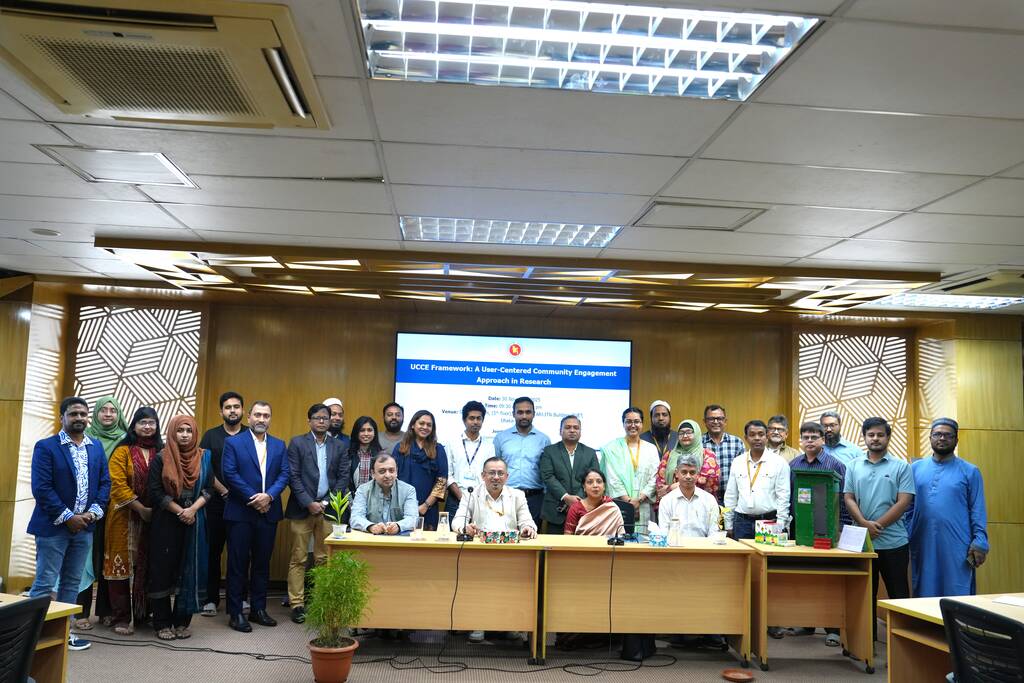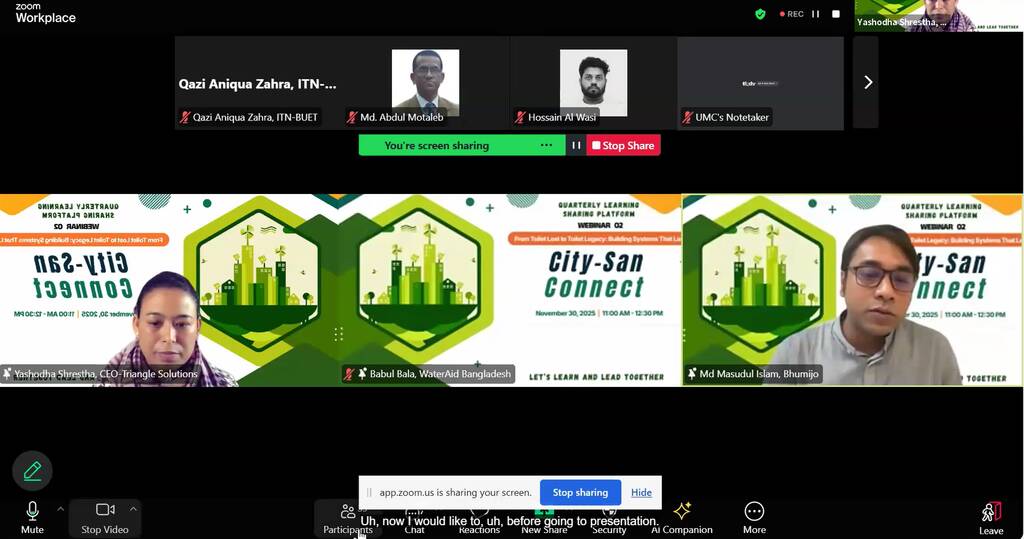Water Integrity Network (WIN), the Eastern and Southern Africa Water and Sanitation Regulators Association (ESAWAS), and ITN-BUET jointly organised a two-day knowledge session on “Integrity and Regulation in Citywide Inclusive Sanitation (CWIS).” The event was held from July 31 to August 1, 2024, at the Lemigo Hotel of Kigali in Rwanda. The event gathered sanitation experts, regulators, and professionals to explore the critical linkages between integrity and regulation in the sanitation sector.
The event aimed to deepen participants’ understanding of the role of regulation in CWIS, with a specific focus on integrity linkages. The event provided a platform for participants to explore case studies, share information, and discuss the challenges and opportunities in promoting integrity within the sanitation sector. Additionally, the event sought to establish a network for ongoing communication and collaboration among stakeholders.
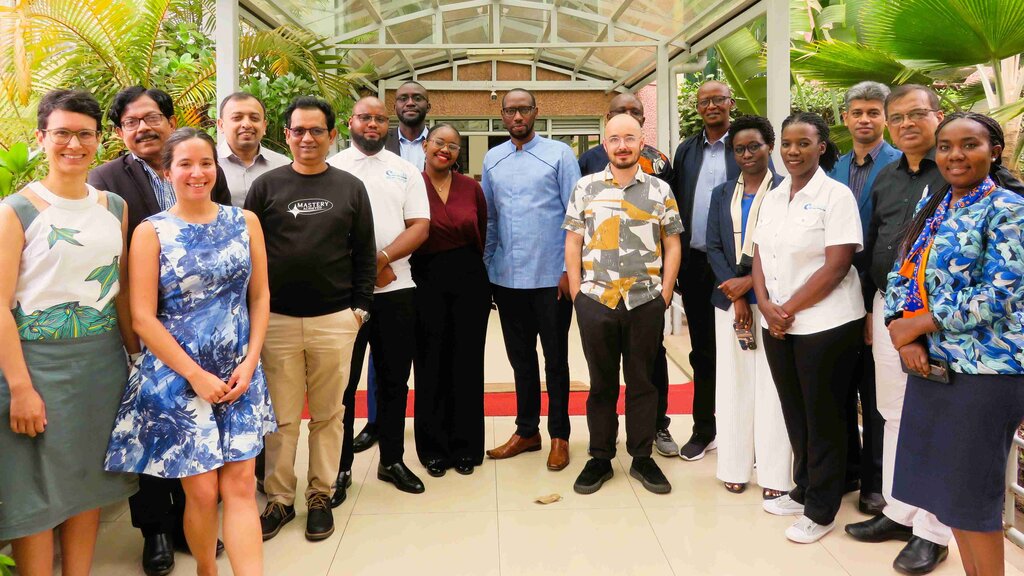
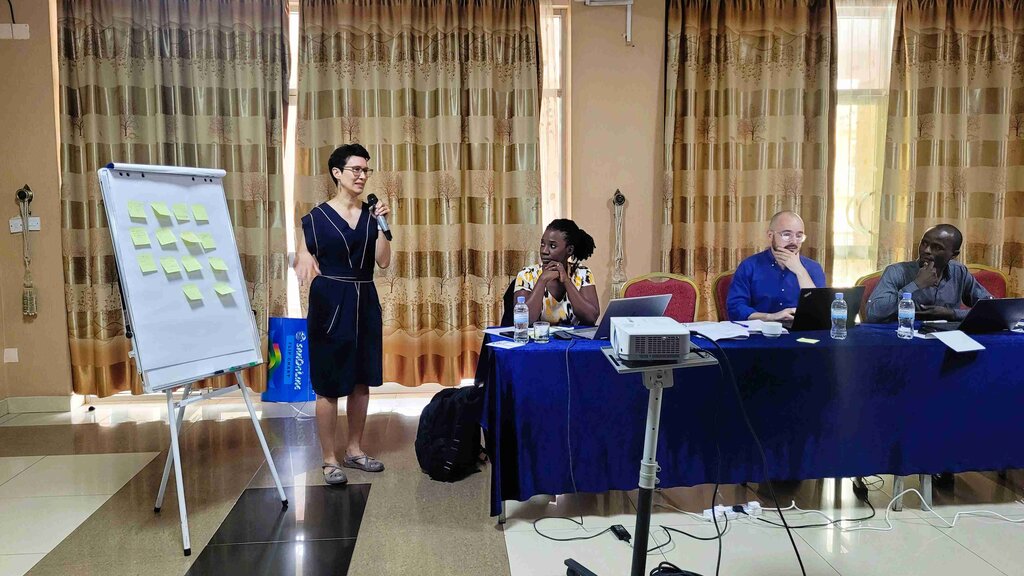
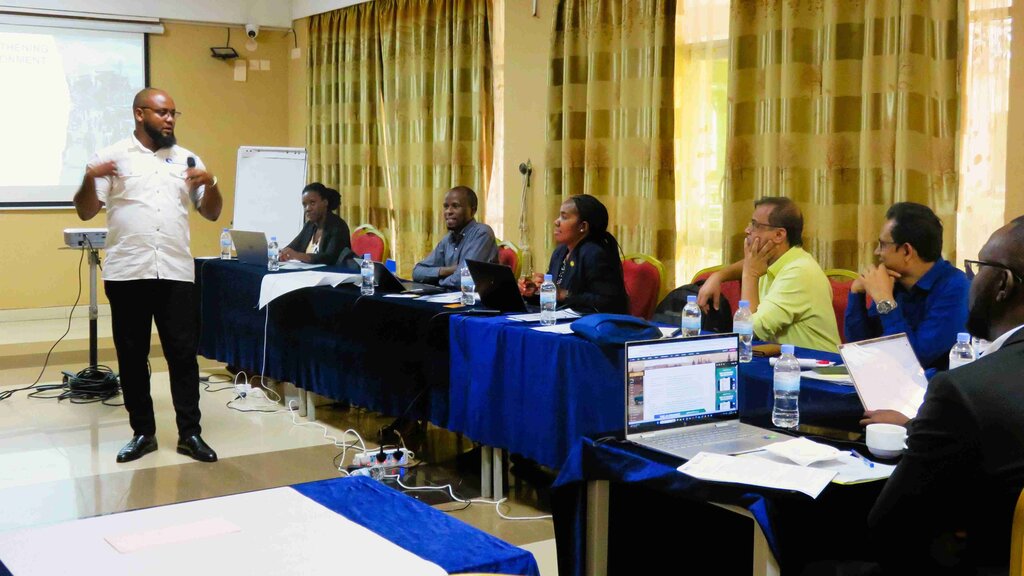
Organisations from eight countries participated in the event. The organisations were Aguaconsult from England, Dhaka WASA from Bangladesh, ESAWAS from Rwanda, Uganda, and Zambia, EWURA from Tanzania, Institute of Water Modelling (IWM) from Bangladesh, ITN-BUET from Bangladesh, NWASCO from Zambia, SNV Netherlands from Bangladesh, WASREB from Kenya, and Water Integrity Network (WIN) from Germany.
The sessions of the event were led by esteemed trainers, including Dr. Marcela López, Programme Lead for Capacity Development at WIN; Bill Twyman, Water & Sanitation Specialist at Aguaconsult; Elisabeth Nahimana, Research and Knowledge Management Specialist at ESAWAS; and Professor Dr. Tanvir Ahmed, Director of ITN-BUET.
The first day commenced with a welcome address by WIN, followed by sessions on CWIS, regulation, and regulation in Rwanda conducted by ITN-BUET, ESAWAS, and Rwanda Utilities Regulatory Agency (RURA) respectively. A highlight was the session on integrity in the sanitation sector, led by Dr. Marcela López from WIN and CWIS approach for sanitation by Dr. Tanvir Ahmed. The afternoon featured discussions on the role of regulators in promoting integrity, presented by Bill Twyman from Aguaconsult, and a case study from Tanzania’s Energy and Water Utilities Regulatory Authority (EWURA). The day concluded with a roundtable discussion moderated by Elisabeth Nahimana from ESAWAS.
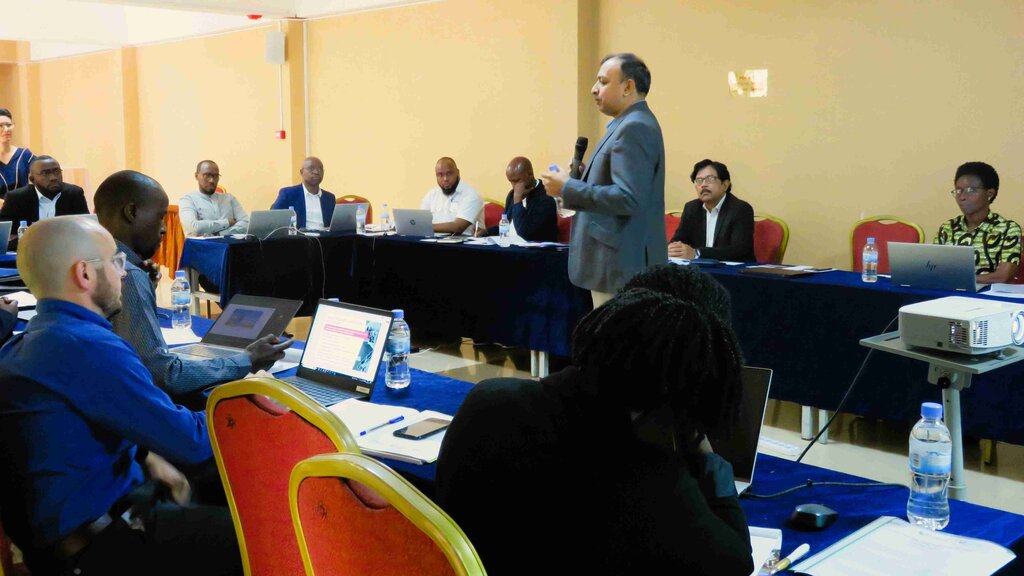
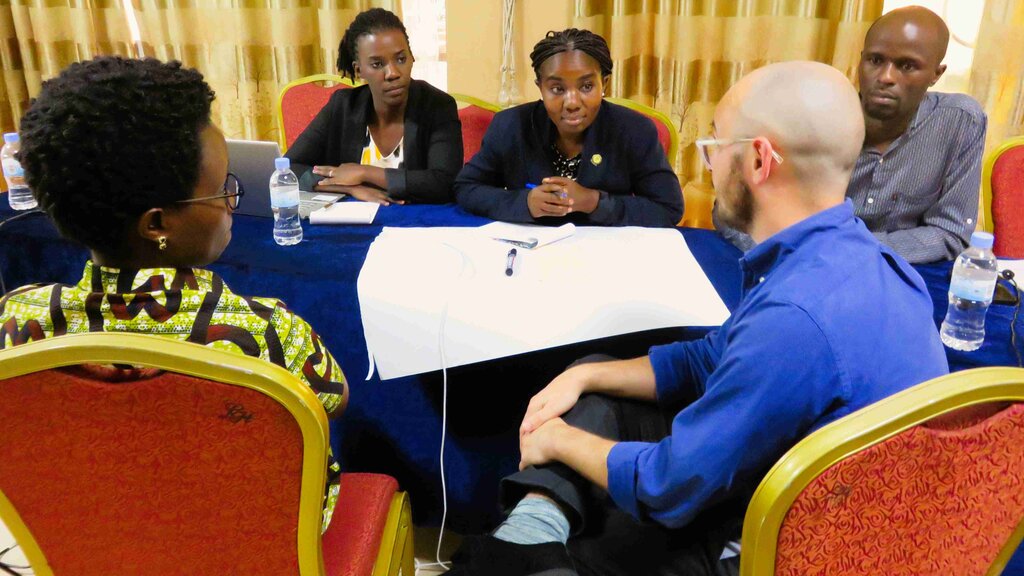
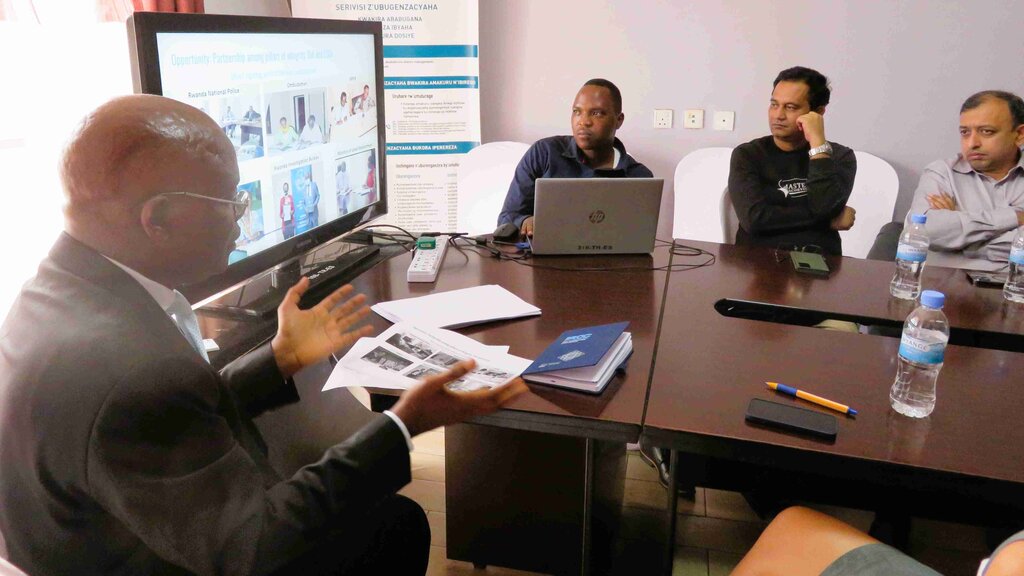
The second day focused on regulating for integrity in CWIS. Sessions included presentations on the need for regulating sanitation services by Bill Twyman and case studies from Zambia’s National Water Supply and Sanitation Council (NWASCO). Dr. Tanvir Ahmed presented a case study on Bangladesh’s sanitation regulatory mechanisms. Mr. Alauddin Ahmed from ITN-BUET moderated a roundtable discussion on prioritizing broad and specific areas and associated actions on regulatory mechanisms for the participating countries. The final session of the day included a field visit that addressed corruption and integrity in Rwanda, led by Apollinaire Mupiganyi from Transparency International Rwanda.
The event concluded with key action points focused on improving governance and integrity across various sectors. Participants emphasised the need for knowledge sharing, refining processes, and enhancing information exchange. There was a strong focus on strengthening regulatory frameworks, particularly in sanitation, by improving data systems, promoting transparency, and incorporating integrity into key performance indicators. Additionally, the event highlighted the importance of capacity building, exploring innovative financing mechanisms, and fostering collaboration to achieve sustainable outcomes.



